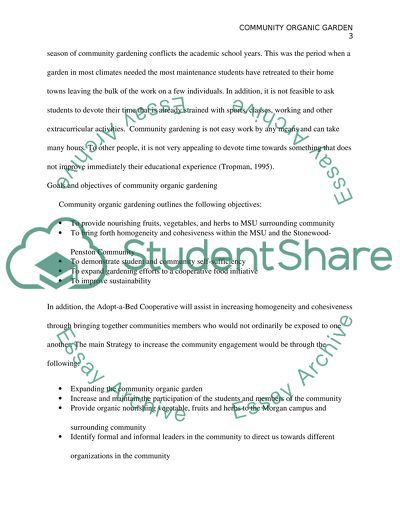Cite this document
(“Community needs assessment (public health) Assignment”, n.d.)
Community needs assessment (public health) Assignment. Retrieved from https://studentshare.org/health-sciences-medicine/1464398-community-needs-assessment-public-health
Community needs assessment (public health) Assignment. Retrieved from https://studentshare.org/health-sciences-medicine/1464398-community-needs-assessment-public-health
(Community Needs Assessment (public Health) Assignment)
Community Needs Assessment (public Health) Assignment. https://studentshare.org/health-sciences-medicine/1464398-community-needs-assessment-public-health.
Community Needs Assessment (public Health) Assignment. https://studentshare.org/health-sciences-medicine/1464398-community-needs-assessment-public-health.
“Community Needs Assessment (public Health) Assignment”, n.d. https://studentshare.org/health-sciences-medicine/1464398-community-needs-assessment-public-health.


